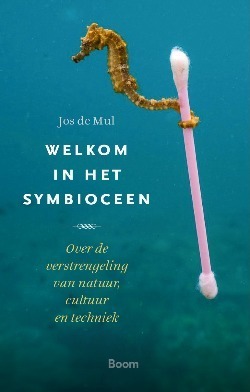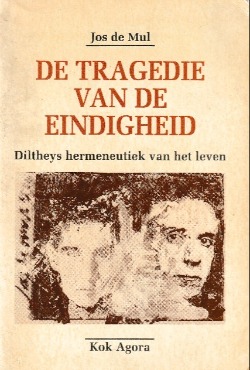Jos de Mul, Database Identity: Personal and Cultural Identity in the Age of Global Datafication. in: Wouter de Been, Payal Aurora and Mireille Hildebrandt (Eds.), Crossroads in New Media, Identity and Law. The Shape of Diversity to Come. Personal and Cultural Identity in the Age of Global Datafication. Basingstoke/New York: Palgrave Macmillan, 2015, 97-118.
This volume brings together a number of timely contributions at the nexus of new media, politics and law. The central intuition that ties these essays together is that information and communication technology, cultural identity, and legal and political institutions are spheres that co-evolve and interpenetrate in myriad ways. Discussing these shifting relationships, the contributions all probe the question of what shape diversity will take as a result of the changes in the way we communicate and spread information: that is, are we heading to the disintegration and fragmentation of national and cultural identity, or is society moving towards more consolidation, standardization and centralization at a transnational level? In an age of digitization and globalization, this book addresses the question of whether this calls for a new civility fit for the 21st century.
Jos de Mul, to begin with, takes the issue of identity head-on in his contribution. He argues that new networked communication technologies are leading to a datafication of identity. New ICTs are transforming traditional ‘narrative identity’ into a more plastic form of ‘database identity.’ Identity as the product of a linear development, as an outgrowth of a particular personal or group history – the bread and butter of the imagined community – is on the wane. Increasingly identity is broken up into machine-readable elements and stored in digital memory banks. This allows for an endless combination and re-combination of features. By itself this process does not necessarily result in a world of freedom and play, however. Although database identities allow for an extraordinary range of choice and are well suited to the freedom and flexibility of postmodern culture, there is a great deal of uniformity in the forms that database identities actually take. Hence, De Mul also addresses the standardization of identity in the prefabricated formats of social media, underlining the new entrapments of the digital age.
Database Identity: Personal and Cultural Identity in the Age of Global Datafication
Typography
- Smaller Small Medium Big Bigger
- Default Helvetica Segoe Georgia Times
- Reading Mode









